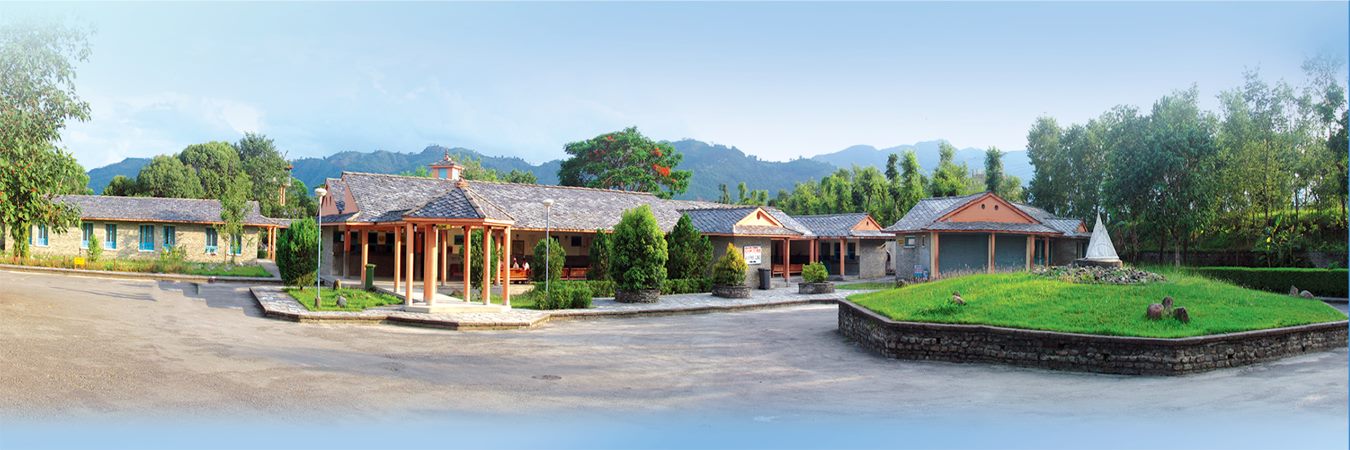Overview
Bachelor of Optometry – Himalaya Eye Institute, Pokhara
Himalaya Eye Institute (HEI), located in Gharipatan, Pokhara, offers a four-year undergraduate program in Optometry affiliated with Pokhara University. Founded in 2018, this course addresses the national demand for trained optometrists by combining academic instruction with hospital-based clinical training.
As part of the Himalaya Eye Hospital, the program emphasizes hands-on experience, ethical patient care, and public health involvement. Students learn in real-time settings, equipping them with the knowledge and confidence to support diverse eye care needs across Nepal.

Curriculum Details
Academic Structure
The course is delivered across eight semesters. Each semester combines theoretical knowledge with applied clinical learning. Core subject areas include:
-
Ocular anatomy and physiology
-
Visual optics and refraction
-
Binocular vision and contact lens practice
-
Low vision rehabilitation
-
General pathology and systemic diseases
-
Public health, epidemiology, and outreach eye care
Practical Integration
Students participate in routine outpatient care, school screening programs, vision assessments, and mobile eye camps. By the final year, learners are involved in minor procedure units, low vision clinics, and patient counseling, followed by a supervised dissertation.
Objectives
The Bachelor of Optometry program is designed to:
-
Prepare students for entry-level roles in clinical optometry
-
Develop a strong foundation in vision science and diagnostic procedures
-
Support national efforts in reducing preventable blindness
-
Promote academic inquiry and clinical decision-making
Scope
Graduates are eligible for roles in various settings, including:
-
Hospitals and vision centers
-
Community health programs
-
Optical dispensing units
-
Academic teaching and basic research
The program also serves as a pathway for postgraduate optometry or public health studies.
Learning Outcomes
Upon completion of the course, graduates will be able to:
-
Assess and correct visual disorders using evidence-based methods
-
Diagnose and manage refractive errors and binocular vision issues
-
Support patients with low vision and refer complex cases as needed
-
Contribute to community screening, education, and health promotion
Skill Development Modules
Students gain practical experience through modules such as:
-
Vision screening in rural and urban communities
-
Spectacle dispensing and optical workshop training
-
Use of ophthalmic tools like slit lamps and retinoscopes
-
Patient documentation and ethical communication
Teaching Methodology
HEI’s teaching is delivered through:
-
Lectures and seminars
-
Case discussions and diagnostic rounds
-
Hands-on laboratory training
-
Faculty-guided clinical practice
The teaching team includes experienced ophthalmologists, full-time optometrists, and subject-specific visiting faculty.
Admission Requirements
Applicants must:
-
Have completed 10+2 Science with Biology or an equivalent diploma
-
Meet the minimum academic eligibility as per Pokhara University guidelines
-
Pass the national entrance exam conducted by the Medical Education Commission
Career Opportunities
Graduates of the program are prepared for positions in:
-
Eye hospitals and private clinics
-
Community vision screening and rehabilitation
-
Public health and outreach initiatives
-
Entry-level academic roles or further studies
Scholarships and Financial Aid
The program includes government scholarships administered by the Nepal Medical Education Commission. In 2024, 54 seats were available, with general and reservation category allocations. Need-based support is also accessible through institutional and external partnerships.
Why Choose This Course?
-
Direct involvement in clinical eye care from early semesters
-
Academic and practical balance with real patient interaction
-
Integrated community eye health exposure
-
Supportive learning environment under experienced mentors
Conclusion
The Bachelor of Optometry program at Himalaya Eye Institute provides structured academic and clinical training for students committed to advancing eye health in Nepal. Through real-world engagement, ethical practice, and applied research, graduates are ready to contribute meaningfully to Nepal’s evolving healthcare needs.

















